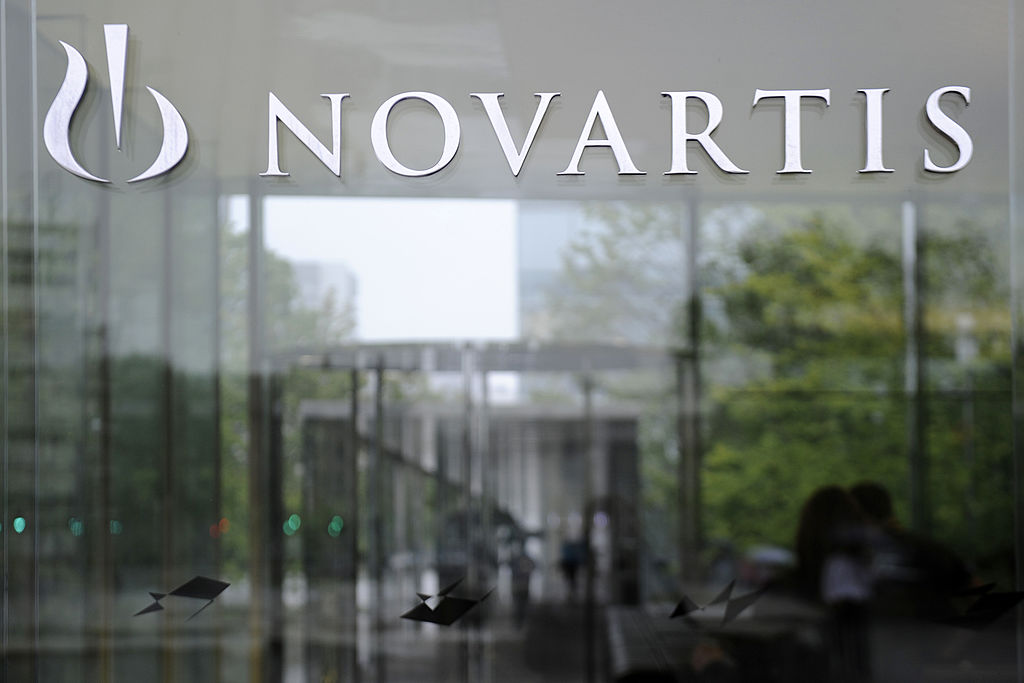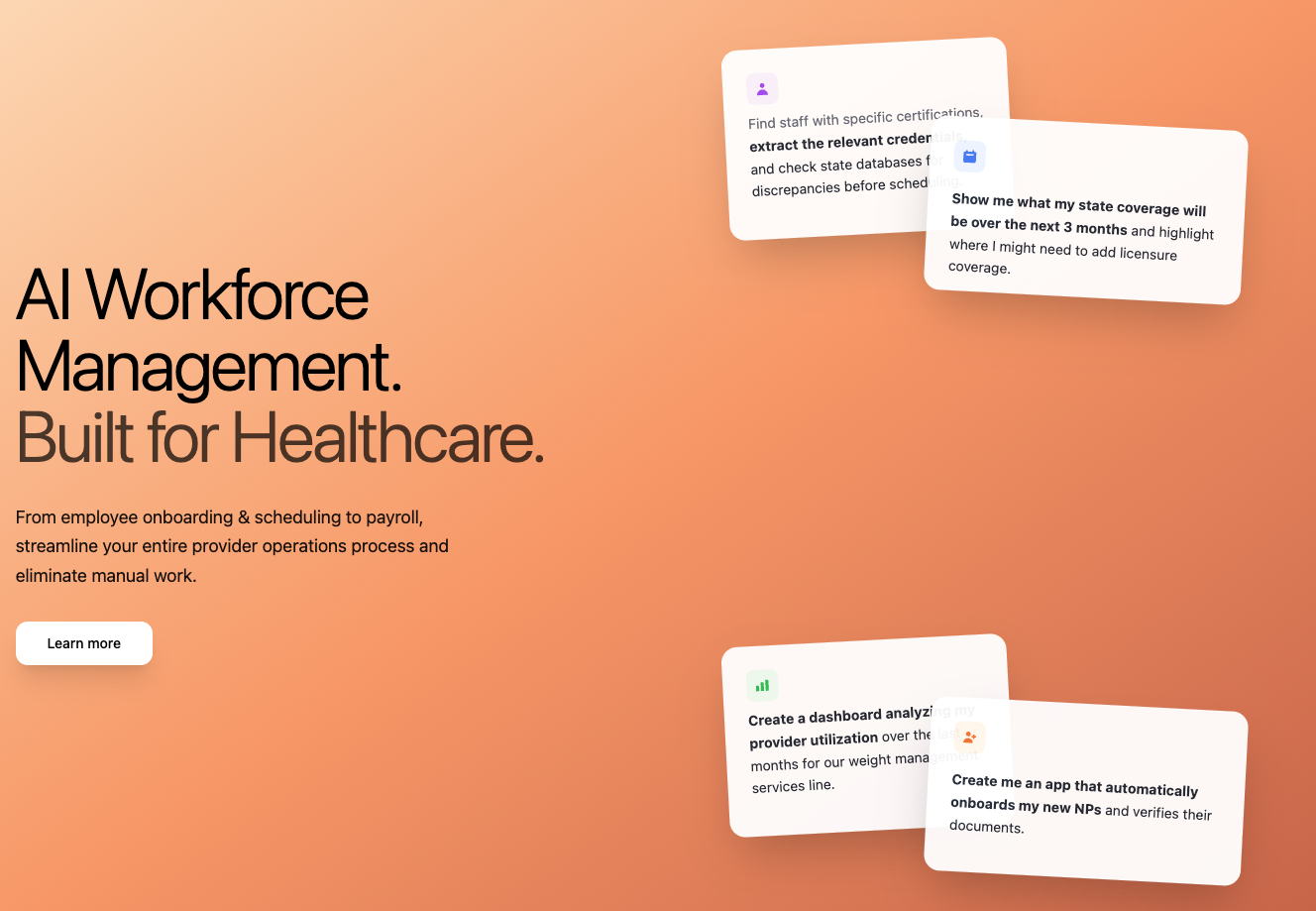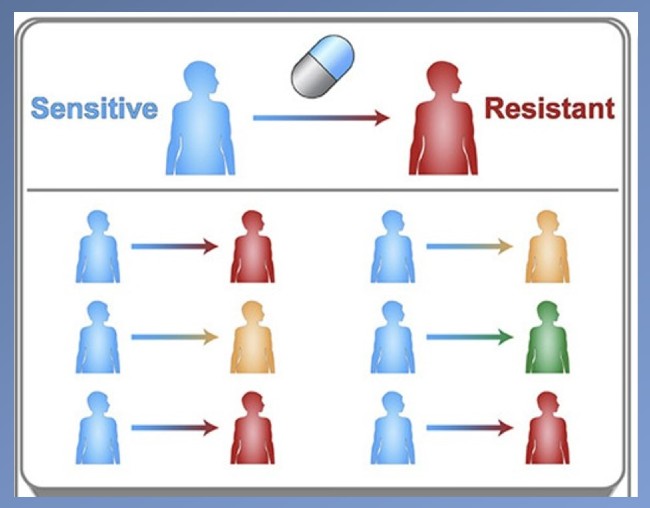Novartis has made RNA medicines one of its main strategic objectives and already has RNA therapies for cardiovascular indications. The pharmaceutical giant is now making one of its biggest bets through the Acquisition for $12 billion from Avidity Biosciences, a company with three late-stage therapeutic candidates that deliver RNA to muscle tissue to treat rare neuromuscular disorders.
The deal also brings Novartis an Avidity platform technology that could expand the delivery of RNA therapies to more types of tissues in the body. During an investor call on Monday, CEO Vas Narasimhan said Avidity’s assets complement Novartis’ portfolio and pipeline, which includes spinal muscular atrophy gene therapy Zolgensma.
“We have expressed to them that we want to do deals in our core therapeutic areas and our core technology platforms, and this is a deal that fits both,” Narasimhan said. “We are strengthening our neuroscience franchise by adding three late-stage neuromuscular programs, and this builds on the extensive experience we have with Zolgensma.”
San Diego-based Avidity’s medicines use RNA to address the root causes of diseases. These therapies take advantage of the targeting capacity of antibodies to reach their destinations. The RNA component, an oligonucleotide designed to modulate a disease process, is linked to an antibody that targets a particular tissue in the body. This new type of drug is called an antibody-oligonucleotide conjugate (AOC).
The most advanced programs on the Avidity platform are delpacibart zotadirsen for Duchenne muscular dystrophy (DMD), depacibart etedesiran for myotonic dystrophy type 1 (DM1), and delpacibart braxlosiran for facioscapulohumeral muscular dystrophy (FSHD). Last month, Avidity reported new data from Phase 1/2 for patients treated with DMD therapy who show improvement in several measures of muscle function after receiving treatment for one year. The company said it remains on track to file a regulatory filing later this year to request accelerated approval from the FDA.
Narasimhan acknowledged that DMD is a small indication, but added that new clinical data validates the Avidity platform, demonstrating that the technology can deliver therapies to muscle tissue. Bob Baloh, global head of neuroscience at Novartis Biomedical Research, said the restoration of dystrophin, the key muscle protein that DMD patients lack, reached levels not seen with currently available Duchenne therapies. Baloh added that Novartis believes the Avidity platform can be used more broadly to reach other types of tissue in the body, but the initial focus will be muscle disorders.
Many of the available RNA therapies target the liver. Novartis has one of them with Leqvio, a small interfering RNA therapy for patients with high cholesterol. This medication works by targeting the gene that encodes PCSK9, a liver protein that in large amounts impedes the body’s ability to eliminate the bad form of cholesterol. The biopharmaceutical industry is interested in delivering RNA therapies beyond the liver, and Avidity’s technology offers Novartis a way to do so.
Beyond neuromuscular diseases, Avidity’s research has also produced five cardiology programs, all preclinical. These programs will be spun off into a separate publicly traded company called “SpinCo” for now. This new company will inherit Avidity’s collaborations with Bristol Myers Squibb and Eli Lilly. It will also retain the rights to continue using Avidity’s technology for additional cardiology applications. Narasimhan said the decision to spin off Avidity’s cardiovascular programs was not due to antitrust concerns. A spinoff offers the simplest and most direct way to address collaborations tied to those assets, he said.
Avidity said the transfer of assets to SpinCo creates a right of first negotiation with an existing collaboration partner. While the company’s regulatory filings do not specify the programs or partners covered, Leerink Partners spoke with Avidity management, who said BMS has this contractual right. BMS has 10 business days to decide whether to enter into exclusive negotiations for the cardiology project, Leerink analyst Joseph Schwartz said in a note to investors on Monday. Starting those negotiations would trigger a 90-day period to complete due diligence and make an offer. If BMS does not exercise this right, the spin-off of SpinCo will proceed.
By revenue, neuroscience is the smallest of Novartis’ four core therapeutic areas (the others are cardiovascular, renal, metabolic, immunology and oncology). The company’s main neuroscience product is the multiple sclerosis drug Kesimpta, which generated $3.2 billion in revenue in 2024, an increase of 43% compared to the previous year. Zolgensma follows with $1.2 billion in revenue in 2024, a 2% increase from the previous year’s sales. Zolgensma emerged from the $8.7 billion acquisition of AveXis in 2018.
Narasimhan said the three Avidity drugs coming to Novartis are expected to launch in 2030. The Avidity programs for T1D and FSHD, both diseases that currently have no FDA-approved therapies, offer blockbuster potential. Leerink’s Schwartz characterized these Avidity programs as a highly valuable addition to Novartis’ neuromuscular portfolio, complementing Zolgensma, adding that they will benefit from the pharmaceutical giant’s global commercialization capabilities.
Avidity is the latest in a growing line of RNA deals for Novartis. The pharmaceutical giant followed its acquisition of The Medicines Company with the 2023 purchase of RNAi interference therapy developer, startup DTx Pharma. And last month, Novartis agreed to pay $200 million upfront for the rights to an Arrowhead Pharmaceuticals preclinical RNAi therapy in development for Parkinson’s disease. The Avidity deal has some overlap with Kate Therapeutics, a gene therapy developer that Novartis purchased last year. Kate’s programs include preclinical therapies for DMD and FSHD.
The financial terms of the Avidity acquisition call for Novartis to pay $72 in cash for each Avidity share, representing a 46% premium to the biotech’s closing share price on Friday and a 62% premium to the average closing share price over the past 30 days. According to a Regulatory presentation of greedIts shareholders will also receive one SpinCo common share for each Avidity share they own. SpinCo will start with $270 million in cash from Avidity and will be led by CEO Kathleen Gallagher, who is currently Avidity’s chief program officer. Avidity CEO Sarah Boyce will become chair of SpinCo’s board of directors.
The transaction has been approved by the boards of Novartis and Avidity, but still needs approval from regulators and Avidity shareholders. The deal is expected to close in the first half of 2026.
Photo: Adrian Moser/Bloomberg, via Getty Images



